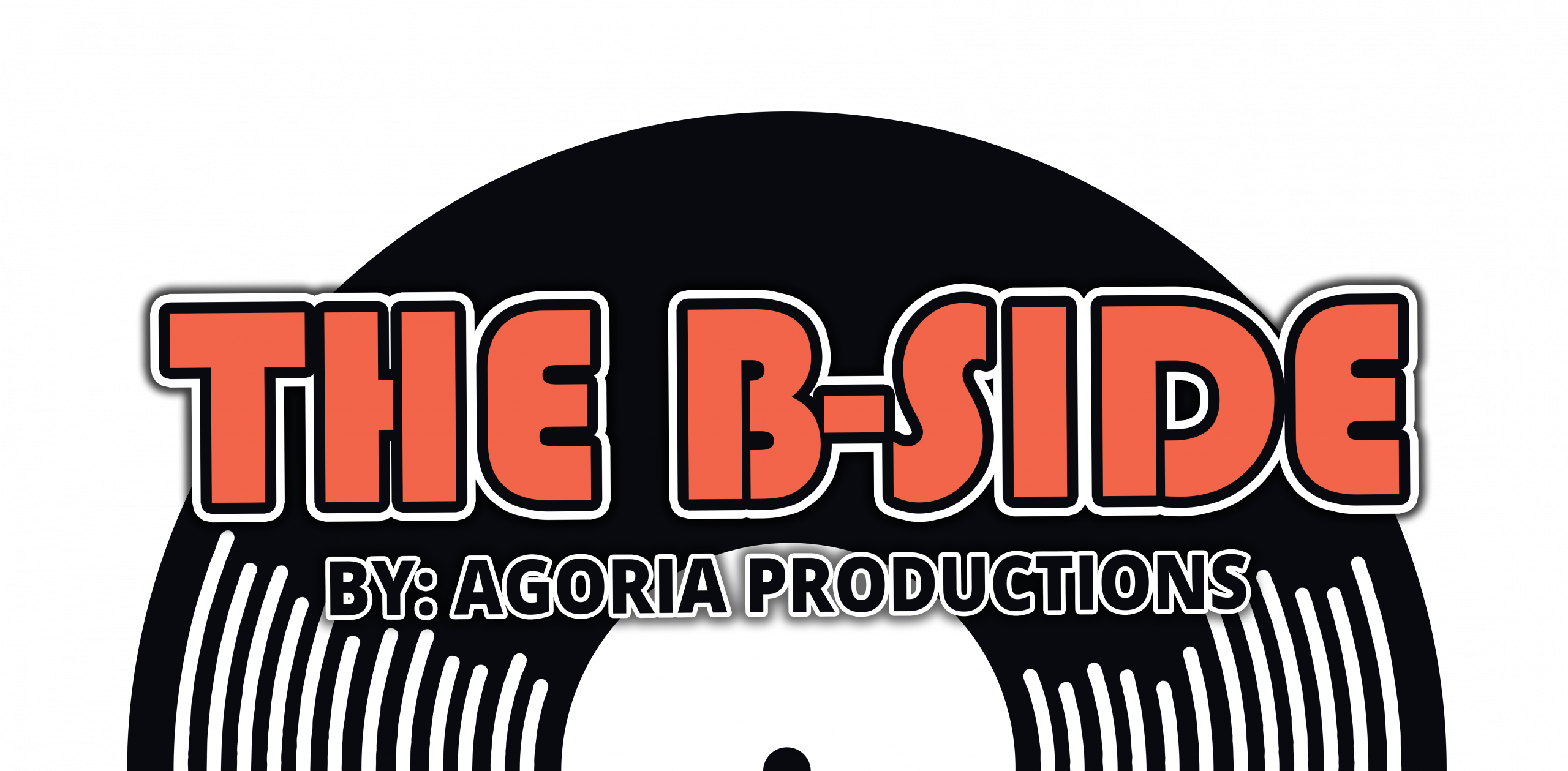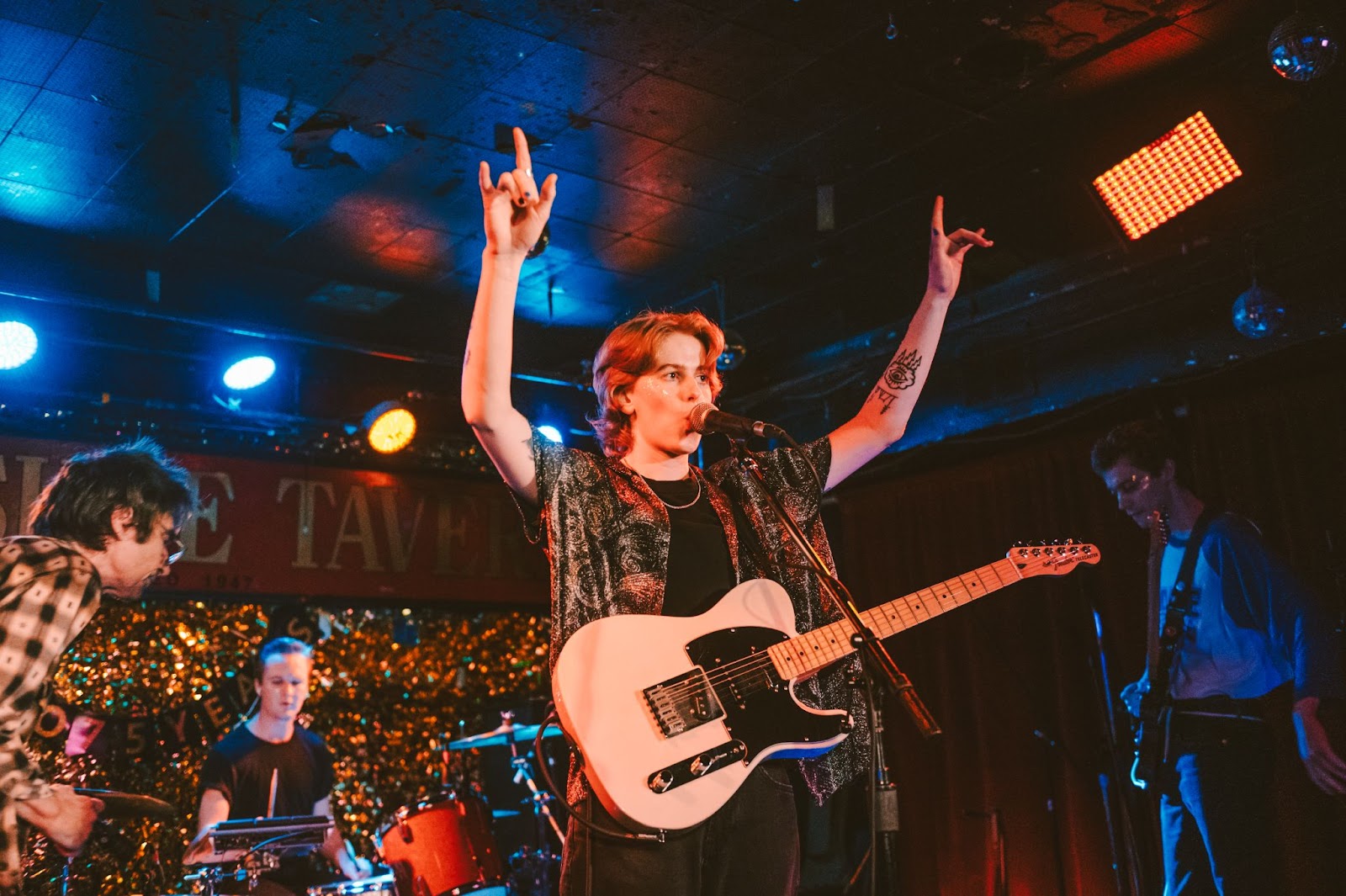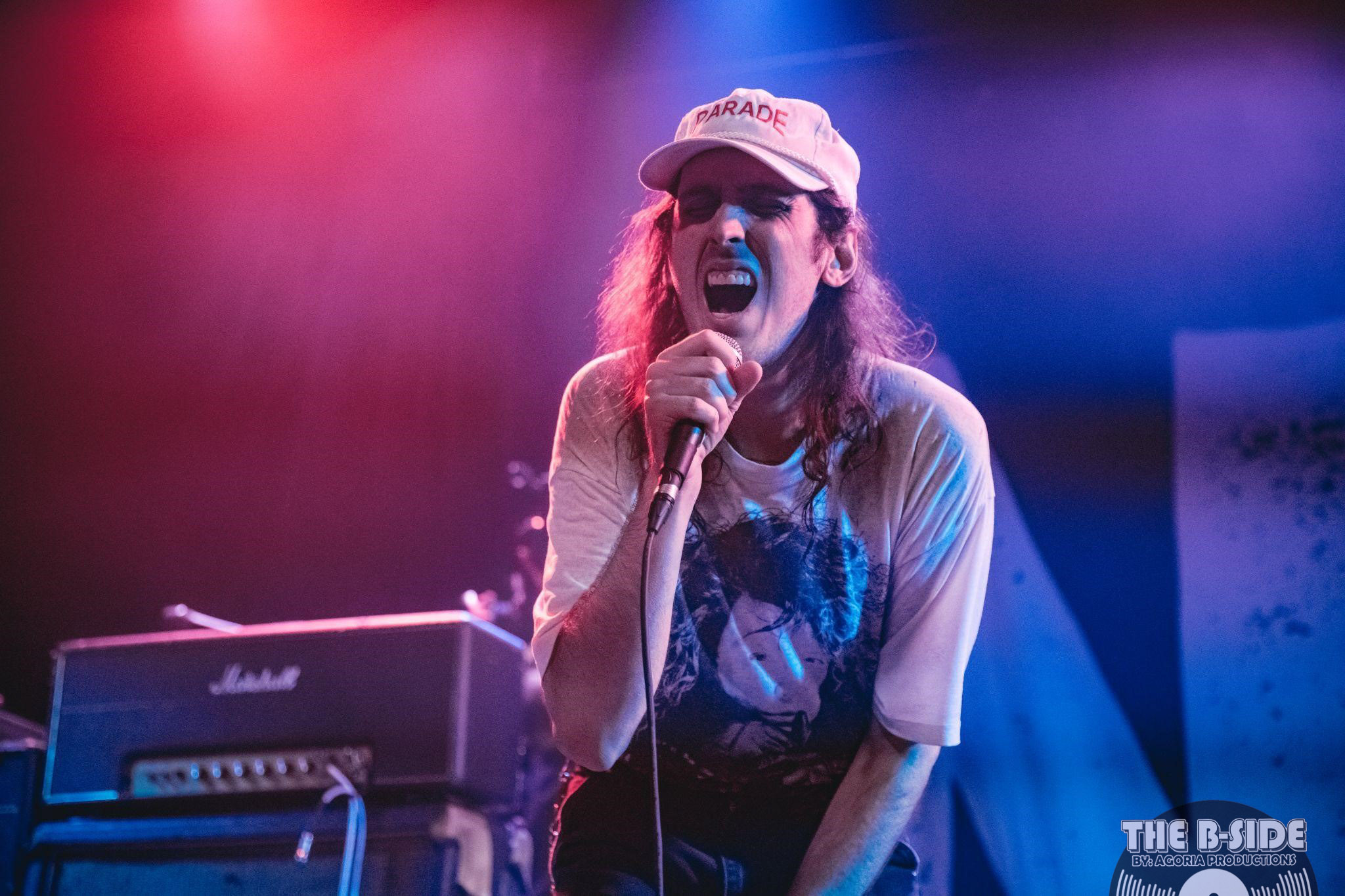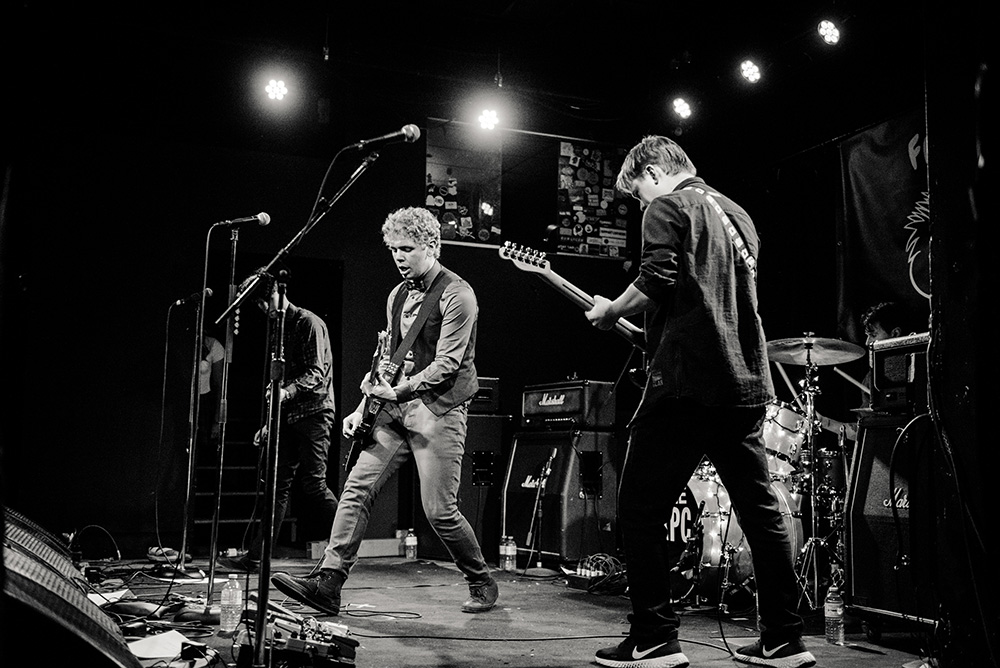This is the dawn of Emma Beckett-, where real stardom needs no other label.
Pop music. To some, it’s the hits on radio’s Top 40 rotation. It’s generations of heartthrob supergroups plastered all over the bedroom walls of countless young girls. For cynics, it’s a necessary evil, that nonetheless keeps the business of music alive. It’s the inescapably memorable songs that stick, and just won’t ever go away.
To Toronto’s very own upcoming alternative-popstar, Emma Beckett, pop music is simply a method of creating songs that are accessible to a vast audience. However, good pop music is able to break the rules of convention, and blurs the boundaries of genre by allowing itself to take influence from an eclectic mix of musical styles.
It’s a Saturday night in late-February when I finally get the chance to sit down and chat with Beckett before their headlining set at the Horseshoe Tavern. With the authority of being the lead act, Beckett selected a theme for the night: Buffy the Vampire Slayer, their favourite late-90’s TV show.
Although seemingly soft-spoken and down-to-earth for an artist on such a perpetual rise to fame, Beckett possesses a keen wit, thoughtful intellect and remarkable self-awareness. Their presence is unexpectedly captivating, and undeniably fascinating.
On stage, Beckett maintains a blend of moody romanticism and exuberant quirks that’s like Fiona Apple meets Elton John.
Specifically, Beckett attributes their glittering stage presence to another kindred queer popstar; Harry Styles, as a solo artist, exhibits the flamboyant androgyny, brooding sex appeal and alt-pop sensibility that manifests in Beckett’s live act.
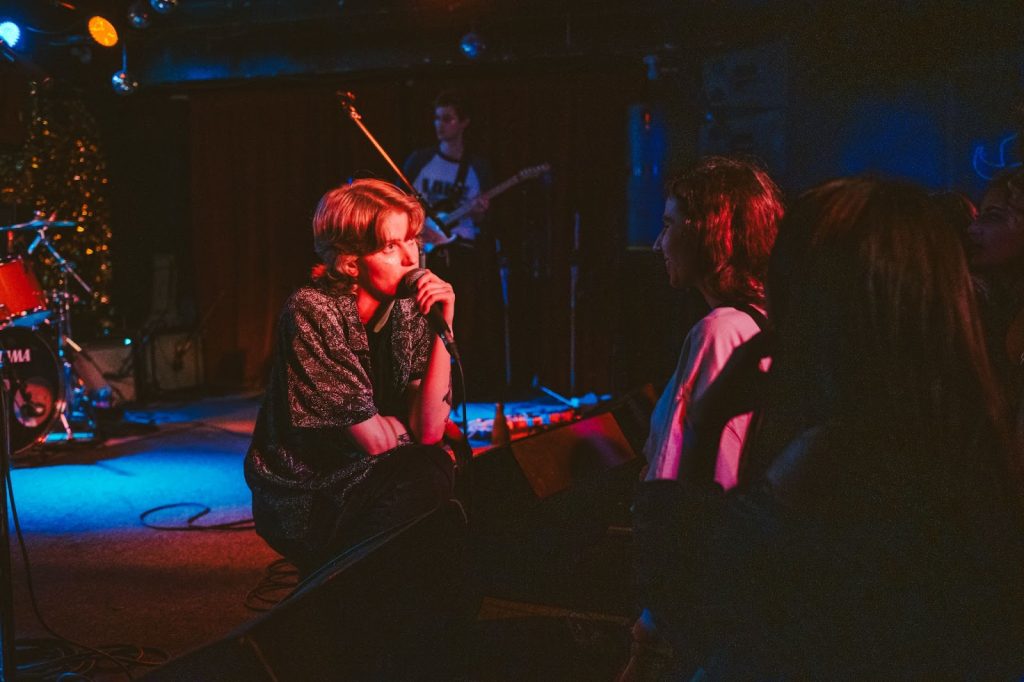
The four-band lineup, which Beckett handpicked, were all meticulously chosen as entirely queer/femme-inclusive. In an industry that tends to push these kinds of acts aside, it’s a bold move on Beckett’s part.
“As the last band on the bill, if I have a say, I’m gonna push for a lineup that isn’t all men. Cause I mean, somebody has to. As soon as I have any ounce of power to lift up artists who may not otherwise be selected, I try to do that.”
As someone who self-identifies as queer and non-binary, Beckett knows firsthand how difficult it can be to stand out as an artist when you don’t necessarily fit the predetermined image of on-stage talent.
“For my first headline show last year, I only booked femme and non-binary artists on the bill. It was such a nice environment where we were all so supportive of each other-, it really felt like we were all friends,” says Beckett.
“Since then, I’ve played with lots of talented bands in a couple different cities now, but so many of the bills just had men across the board. When every member of every band is a man, you really notice the difference in dynamic.”
“With a lot of bookers, I’ll automatically be grouped into certain genres with acts that may not really match my music. They’re like, ‘but you’re women! You must all sound the same’-, sticking with a preconceived notion of how we’re gonna sound.”
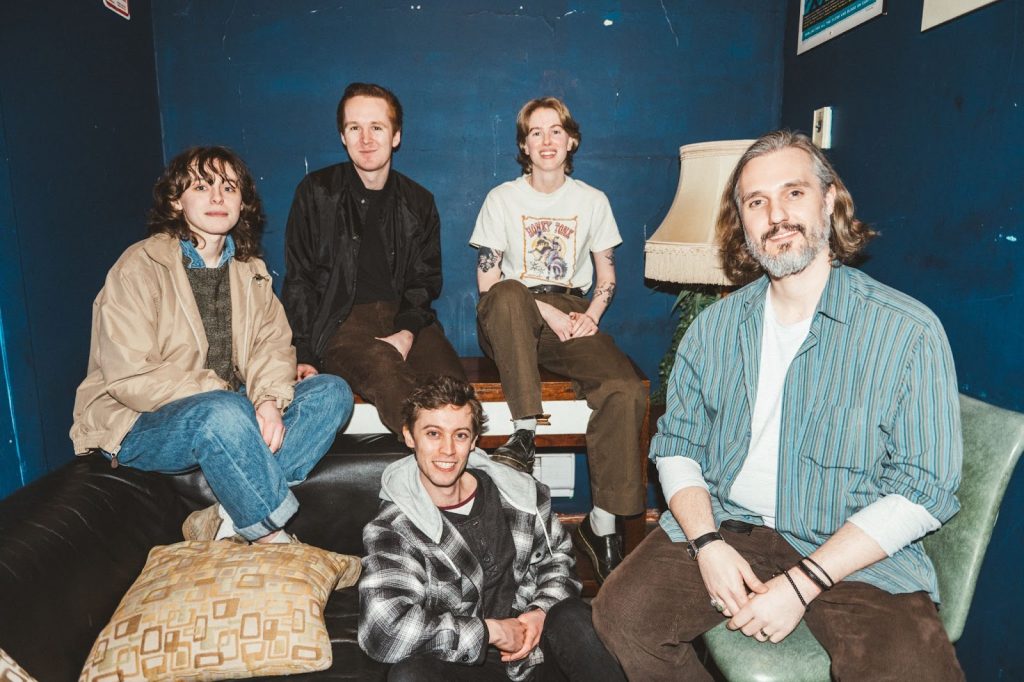
Growing up in suburban Mississauga Ont., Beckett’s impressive musical abilities were fostered by their musically adept family. Their primary ‘instrument,’ so to speak, is their voice; a talent that Beckett was able to develop while singing in church choirs.
Beckett’s songs are driven by prominent melodies-, all of which are remarkably finger-picked around the blues scale on both electric and acoustic guitar.
In terms of genre, it’s difficult to pinpoint which brand Beckett’s music falls under. Despite pop music generally being used to reference vocal divas, and rock music’s heavy association with the male ego, Beckett falls somewhere on a spectrum between these two extremes.
“I think that if my songs were to be sung by a male voice, people would automatically say it’s rock music-, but because it’s me and not a man singing the same words, for some reason people are more likely to say, ‘oh, that’s pop.’ ”
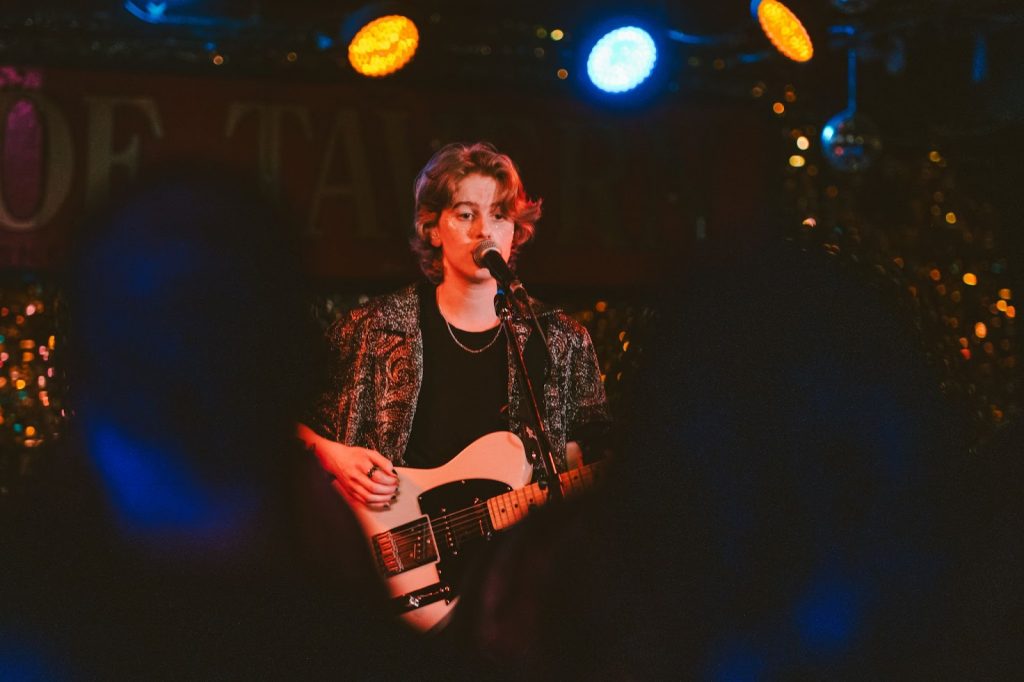
Seeing alt-pop as an umbrella term that is able to encompass a healthy dose of queerness provides Beckett with the artistic liberty to create music that is totally unique, while still maintaining pop’s universally accessible structure.
“I’m used to saying my music is pop just from the way I go about writing it. I’m not opposed to pop music, I don’t think it’s necessarily a bad thing, but people are always way more likely to dismiss me as pop because it’s perceived as a more feminine genre.”
Pop music, and all the controversial opinions about it, will always begin to fade after a period of time-, but what makes it so special is its recurrent ability to self-regenerate.
Pop is a chameleonic genre; branding a whole new sound and taking on a different musical identity whenever it begins to wear itself out. This trait is well-suited for Beckett, whose personal music taste incorporates just about everything.
Their primary inspirations come from various artists who can’t be confined to any singular genre. Whether that’s Queen, Hozier, Alannis Morrisette, Avril Lavigne, Nickelback, Taylor Swift, and notably, One Direction, Beckett’s influences are themselves influenced by everyone.
“One Direction is an artist I try to emulate, which sounds weird, but it’s the fact that their albums are all over the place genre-wise, and I grew up listening to that,” says Beckett.
“I’ve always liked that in an album, when there’s obviously different influences and it’s a bit all over the place-, where there’s some songs that are 100 per cent pop, and some that are more folk-y, and some that are really rock.”
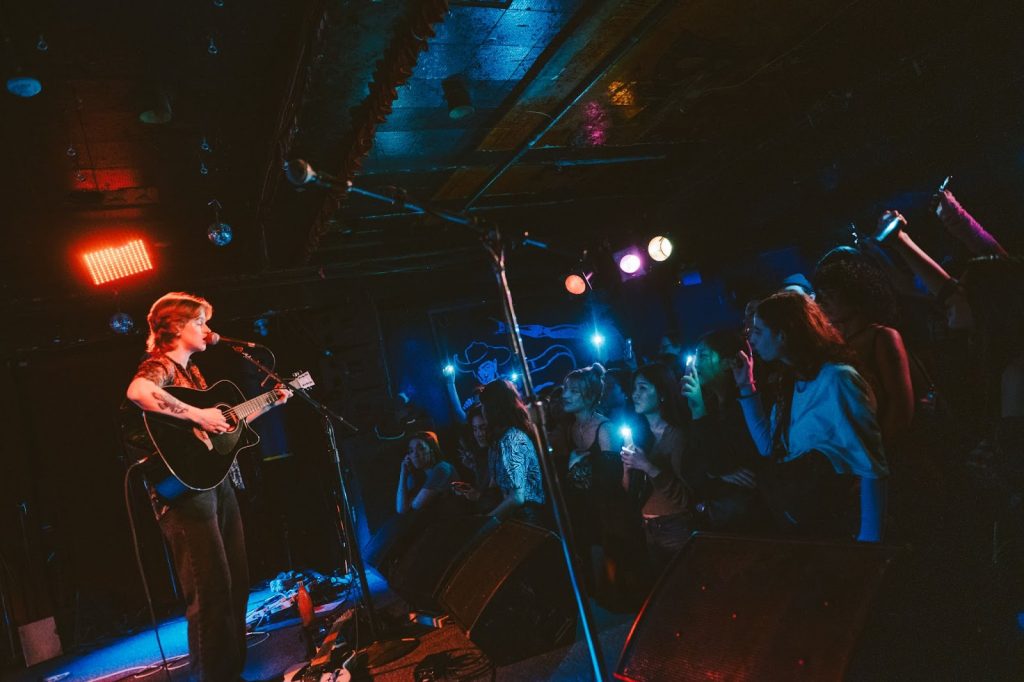
Lyrically, Beckett’s intimate relationships present themselves as an emotional soft spot for this proficient musician. Often, romantic partners are the ones we let closest to us, and Beckett finds an outlet in songwriting to reflect on these personal, poignant feelings.
“I mostly write about relationships to be honest-, even though it feels like something you’re not supposed to say. I feel like you’re supposed to give a deeper answer for what inspires your songs, but relationships are deep and complex, and such an important part of everyone’s lives.”
“I wrote a song after a break up called ‘Evil Evil,’ about accepting my role as the villain in someone’s life. It looks at how I can’t always do good by others, and how there’s always room to be viewed as a bad person to somebody else if it means you’re doing what’s best for you,” says Beckett.
“That’s not a silly little throwaway relationship song-, you know? There’s depth and self-reflection in that, and it helped me process some difficult feelings.”
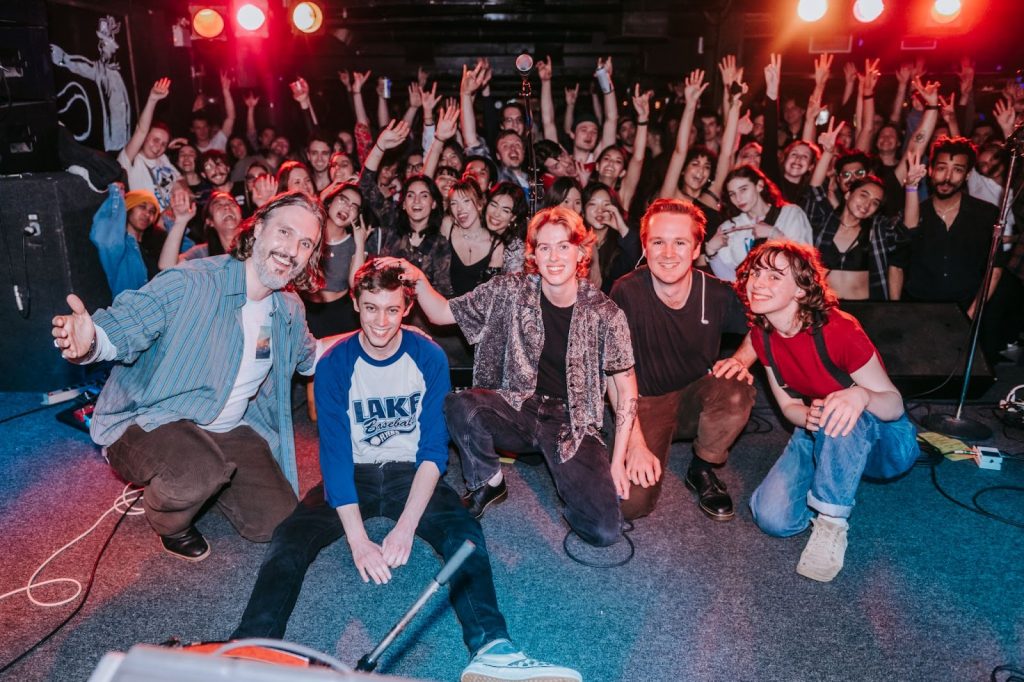
As the drinks start pouring, the Saturday-night crowd at the Horseshoe gets rowdier with each of the three opening bands’ sets. Approaching midnight, it finally comes time for Beckett’s performance, and the result is sobering.
The audience doubles in size when Beckett begins to sing, and in response, everyone sings along word-for-word. Their restlessness has been replaced by astonished fixation.
Standing centre-stage with electric guitar in hand, Beckett steals the spotlight with ease. Although rarely granted permission to be as outspoken as their male counterparts, Beckett feeds into the audience at their headlining show with musical talent that demands undivided attention-, without having to ask politely.
If you’re in Toronto, and haven’t yet heard the name, ‘Emma Beckett,’ rest assured. Pretty soon, you’ll recognize them as the face plastered across everyone’s bedroom walls.
Jess Bertan for The B-Side.
